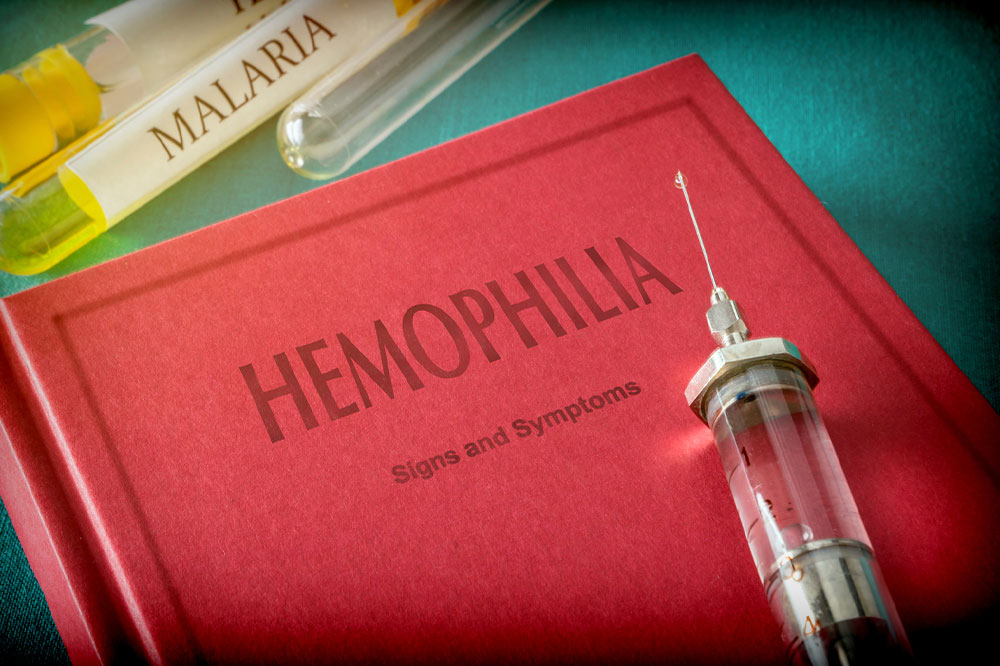Hemophilia – Symptoms to look out for

Hemophilia is a disorder where one may bleed longer than usual after getting injured. The rare condition occurs because the blood does not clot the way it should due to a lack of sufficient blood-clotting proteins. Though minor cuts are not a major concern, severe injuries may cause bleeding inside the body and turn life-threatening. Despite the available treatments, it’s best to look for signs or symptoms of hemophilia at the earliest.
Signs of external bleeding
Hemophilia can occur on the surface of the body where the affected individual tends to lose more blood than usual and from unexpected places. A few signs of this bleeding include:
- People with hemophilia may bleed in the mouth from a cut or bite or if they lose or accidentally cut a tooth.
- Excessive bleeding from a tiny cut.
- Bleeding from a cut that has stopped bleeding for a short time.
Signs of internal bleeding
Internal bleeding is a dangerous symptom of hemophilia and must not be taken lightly. A few symptoms of internal bleeding include:
- Blood in the stools due to bleeding in the stomach or the intestines.
- Blood in the urine as a result of bleeding in the kidneys or bladder.
- Large bruises from excessive bleeding into the large muscles of the body.
Internal bleeding in the joints
People who have hemophilia may be subject to bleeding in the joints like the elbows, knees, and more. Such bleeding may occur without an obvious injury and begins with tightness, with no real pain or visible signs of a bleed. However, the bleeding causes swelling, makes it painful to bend, and makes the region hot to touch. Such pain left untreated may damage the joint.
Internal bleeding in the brain
Internal bleeding in the brain is a severe complication of hemophilia and may result after a simple bump or a serious injury on the head. A few symptoms of internal brain bleeding include painful headaches, neck pain or stiffness, irregular sleepiness, and double vision. Other symptoms include repetitive vomiting and convulsions.
Treatment for hemophilia
Among the treatments for hemophilia is the medication AFSTYLA®, Antihemophilic Factor (Recombinant), Single Chain. The twice-weekly dosing medication offers long-lasting protection against bleeds using a novel single-chain design AFSTYLA® is indicated for adults and children with hemophilia A for on-demand treatment and control of bleeding episodes. It is also indicated for perioperative management of bleeding and routine prophylaxis to reduce the frequency of bleeding episodes.








